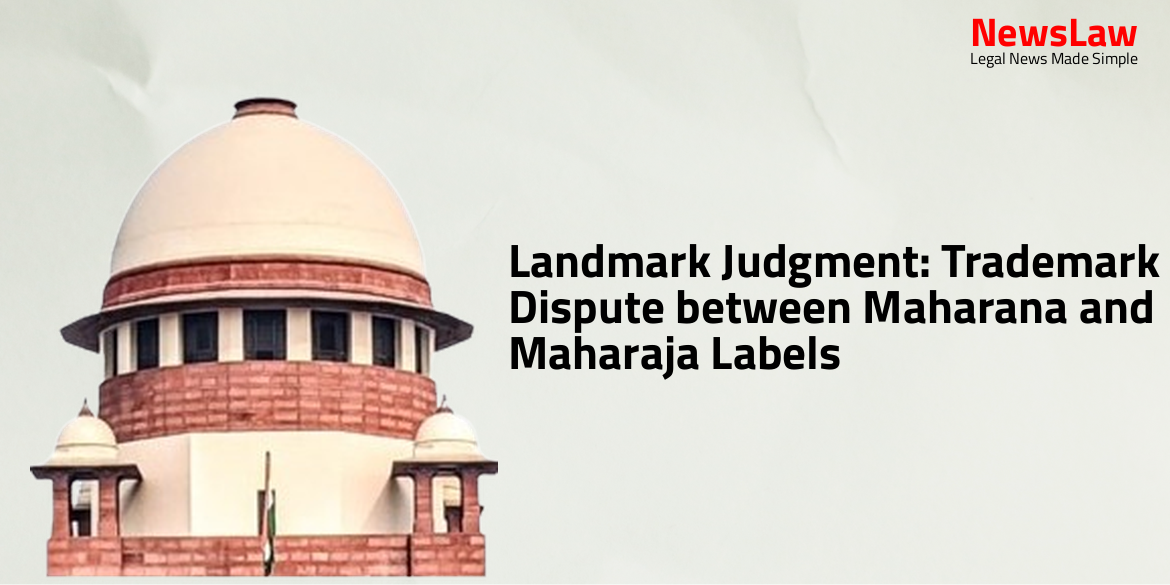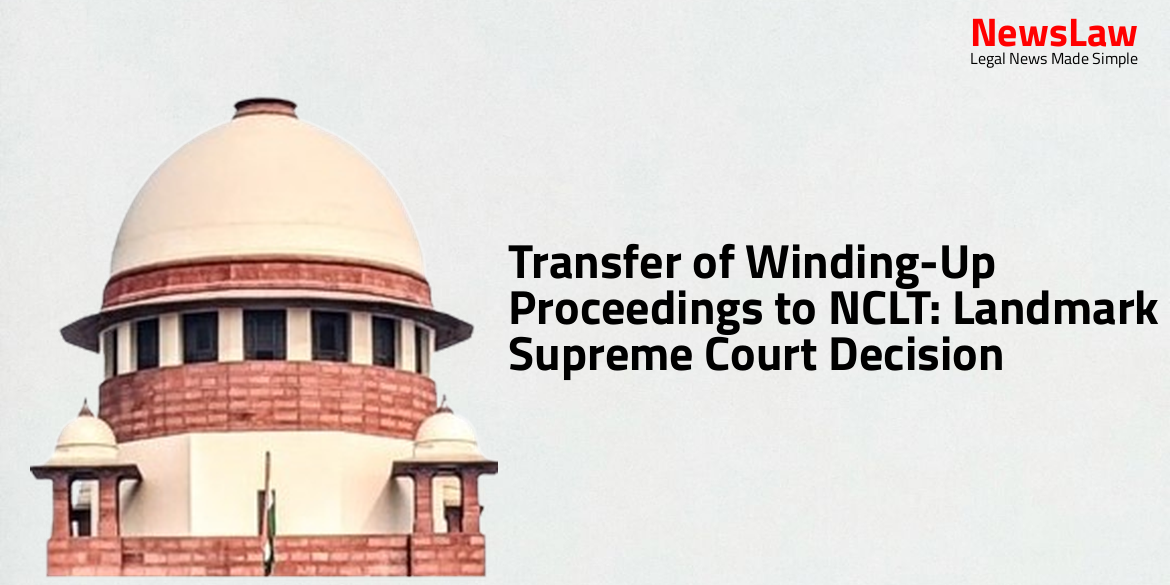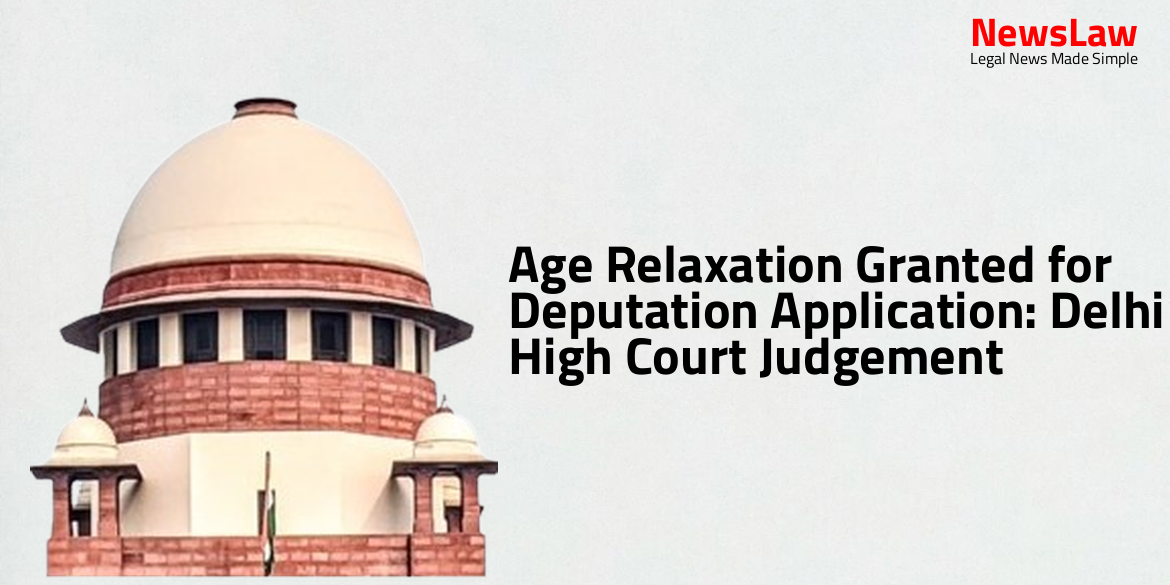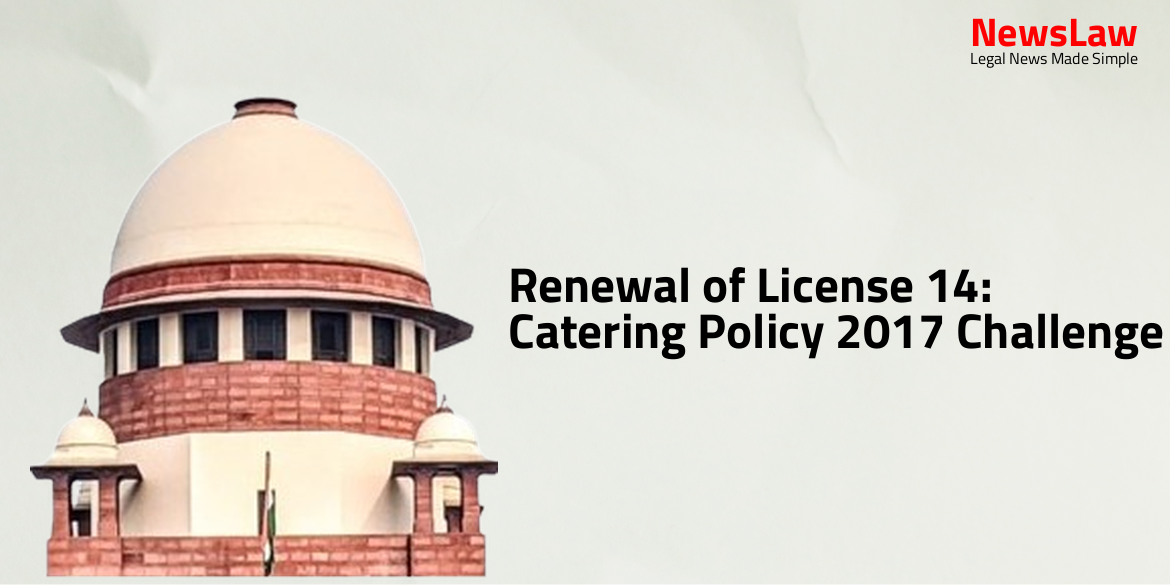In a landmark decision by the Delhi High Court, a critical judgment was passed in the trademark dispute involving Maharana and Maharaja Labels. The Court’s ruling has far-reaching implications for trademark law and intellectual property rights in India. Let’s delve into the details of this high-stakes legal battle between two prominent entities in the industry.
Facts
- Appellant No.1 obtained copyright registration for its artistic work titled ‘MAHARAJA LABEL’.
- Appellant No.1 also obtained registration of a device mark ‘MAHARANA’ on 22.11.2017.
- Respondent has been using the trademark ‘MAHARAJA’ in relation to goods under Class – 20 since 2009 and has multiple registrations for ‘MAHARAJA’ marks.
- Respondent filed Oppositions and Rectification petitions, which were allowed, restraining Appellants from using ‘MAHARAJA’ and ‘MAHARANA’ marks.
- The restriction included not accepting offers or effecting sales of moulded plastic furniture under the name of ‘MAHARAJA’ or ‘MAHARANA’ in the State of Gujarat, including online orders.
- Appellant No.1 has honestly and continuously used the trademark ‘MAHARAJA’ (Device) for goods under Class – 20 since 10.02.2015 and obtained related registrations in Classes – 20 and 35.
Arguments
- The Appellants argue that the Courts at Delhi have no jurisdiction under the Trade Marks Act as they are not manufacturing or selling goods in Delhi.
- They also claim that the term ‘MAHARAJA’ is not exclusive to the Respondent and is a generic term that others use as well.
- The Appellants suggest that the Respondent’s delay in approaching the Court and alleged acquiescence weaken their case.
- The Appellants raise a plea of acquiescence, stating that their registration of the mark in 2015 and 2017 bars the suit filed by the Respondent in 2021.
- They agree to restrict the use of certain marks to the State of Gujarat only.
- On the merits, they argue that the delay in filing the suit by the Respondent after six years, and their significant business growth in recent years, disqualify the Respondent from obtaining interim relief.
- In contrast, the Respondent’s Senior Counsel argues that the Appellants’ adoption of the mark ‘MAHARAJA’ with the crown is dishonest and aimed at exploiting the goodwill of the Respondent.
- Goods are being sold from the domain name of the Appellants within the territorial jurisdiction of Courts at Delhi.
- The ‘MAHARAJA’ device mark is coined by the Respondent for their use and describes furniture of superior quality.
- The term ‘MAHARAJA’ is laudatory and not a generic term.
- Plea of acquiescence by the Appellants is contested by the Respondent on the grounds of dishonest adoption of the mark.
Analysis
- The Court found that the Respondent had established its user claim since 2009 with sales of over Rs. 12.5 crores in 2014-2015.
- The Appellants’ argument that ‘MAHARAJA’ is a common trade word and hence not subject to infringement was rejected.
- The Court noted that the Appellants started using the ‘MAHARAJA’ trademark despite being aware of the Respondent’s prior mark.
- The Court emphasized that once a registration is granted, the party acquires the right to use the mark for the specified goods.
- The Court found that the trademarks used by the Appellants and the Respondent were identical, creating a prima facie case of passing off.
- The Court rejected the Appellants’ plea regarding the lack of territorial jurisdiction, citing the presence of interactive website sales in Delhi.
- Infringement and passing off were established by the Court, leading to the grant of an injunction in favor of the Respondent.
- Factors determining likelihood of confusion were discussed, emphasizing similarity in appearance, intent of adoption, and degree of care by purchasers.
- The unanswered question of why the word ‘MAHARAJA’ was adopted by the Appellants was noted by the Court.
- Passing-off is a species of unfair trade competition involving deception to benefit from the reputation of another in a trade.
- Defendant cannot claim a mark is common if they sought exclusivity through registration.
- Delay alone may not prevent an injunction in trademark infringement cases.
- Passing-off involves misleading representations causing harm to business or goodwill.
- Fraud is not always necessary in passing-off actions; deceit suffices.
- Grant of injunction necessary if mark adoption appears dishonest.
- Defence of acquiescence applicable when plaintiff tolerrates defendant’s actions.
- Infringement and passing-off actions have distinct legal bases.
- Interim relief aims to preserve rights pending legal resolution.
- Defendant cannot take inconsistent stances regarding common marks and registration.
- Likelihood of confusion key in passing-off cases.
- Similarity in visuals, sound, meaning, and impression crucial in determining confusion.
- Encouragement by plaintiff can lead to defendant using infringing mark.
- Fraud not required for passing-off injunctions.
- Section 33 of the Trade Marks Act defines the effect of acquiescence.
- If the proprietor of an earlier mark does not take steps for a continuous period of five years while the use of such registered mark continues, they cannot challenge the later mark on the grounds of invalidity or oppose it unless the registration of the later trade mark was not in good faith.
- The provision aims to prevent proprietors from waiting too long before taking action against potential infringers.
- The Commercial Court’s finding is upheld without any infirmity.
- Appellate Courts do not interfere with Subordinate Courts’ discretion unless exercised arbitrarily, perversely, or capriciously.
- Discretion can be interfered with if settled principles of law are ignored.
- The Appellants failed to show any such grounds for interference in this case.
Decision
- The Appeal is dismissed.
- The Appeal is determined to be unmerited.
- The decision of the lower court is upheld.
Case Title: RAJENDRA VARDICHAND JAGETIA AND ANR Vs. MODERN MOLD PLAST PVT LTD (2024:DHC:4577-DB)
Case Number: FAO (COMM)-125/2023



